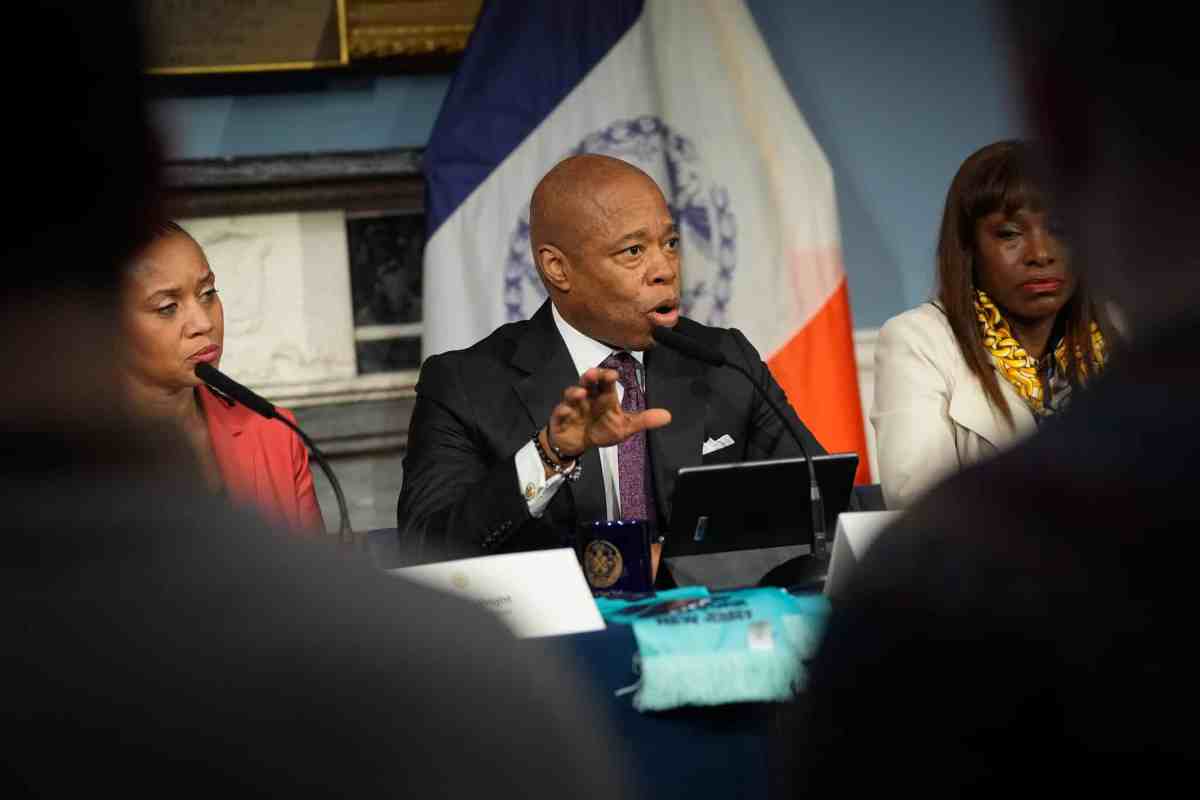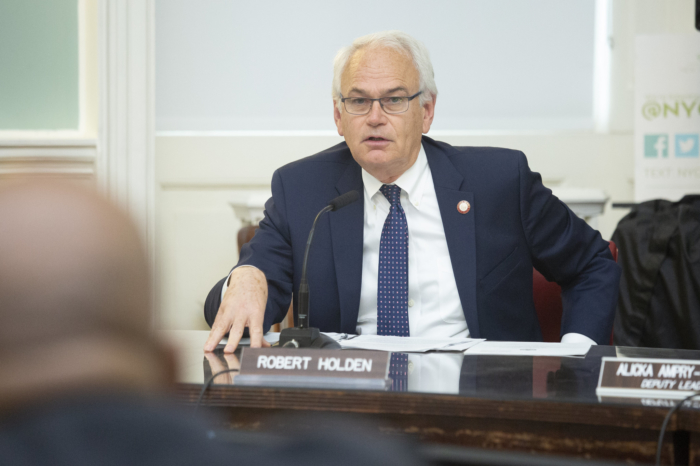By Bob Harris
Using the valid excuse that more affordable housing is needed for the homeless, the city administration is planning sweeping zoning revisions which civic leaders feel will undo years of positive changes they have been working for.
People buy homes or rent homes or apartments because of the quality of life in a particular community. People want a bucolic neighborhood with trees, lawns, blooming bushes, green spaces, fresh air and a good quality of life. Queens’s civic associations have worked for decades to change the R2 zoning of neighborhoods to R2A to prevent the building of larger houses that would bring more walls and bricks and cement instead of green spaces. People watch to make sure that lawns are not paved over. Civic associations report illegal conversions so illegal tenants don’t come with excess garbage and cars parked on lawns or across sidewalks.
The City Planning Department has been working on new zoning plans which the city says would “modernize zoning regulations that are outmoded and often impede the production of new affordable housing.” Well, any credible civic leader will tell you this is “hogwash” and will only make it easier for developers to build big buildings without parking. Oh, one proposal is that senior housing should be built without the current required parking “because senior citizens don’t drive.” Civic leader Roe Daraio, president of the Communities of Maspeth and Elmhurst Together, thinks that parking should be increased rather than decreased.
The city seems to think that senior citizens could walk to public transportation, then either wait for a bus exposed to the weather – perhaps without a seat – or walk stairs to get to an elevated or subway train. Even if some seniors don’t drive, their visitors would probably drive.
These zoning proposals were prepared without the input of the civic and tenant associations in New York City. The city asked for suggestions in March and tried to set a final date for discussion for April 6, but there was such complaining that the deadline was extended to April 30.
President of the Queens Civic Congress Harbachan Singh and vice president Rich Hellenbrecht warned its member civic associations of these proposals, which would undo decades of hard work if the new zoning changes are pushed through. They are concerned about the lack of infrastructure to handle large-scale development.
Joe Amaroso, the knowledgeable zoning chairman of the Kissena Park Civic Association, called the proposals to increase height requirements and relax density restrictions “a disaster for some neighborhoods. “
In Manhattan, numerous community preservation groups such as Landmark West, the New York Landmarks Conservancy, Greenwich Village Society for Historic Preservation, Tribeca Trust, Friends of the Upper West Side and the Historic Districts Council have all spoken out against this disastrous new zoning proposal. There is fear that the new ideas would weaken the contextual zoning protection which has been developed over the years to protect historic sites and which prevent overdevelopment.
Any person can contact the New York City Department of City Planning to oppose these ideas by e-mailing ahous
































